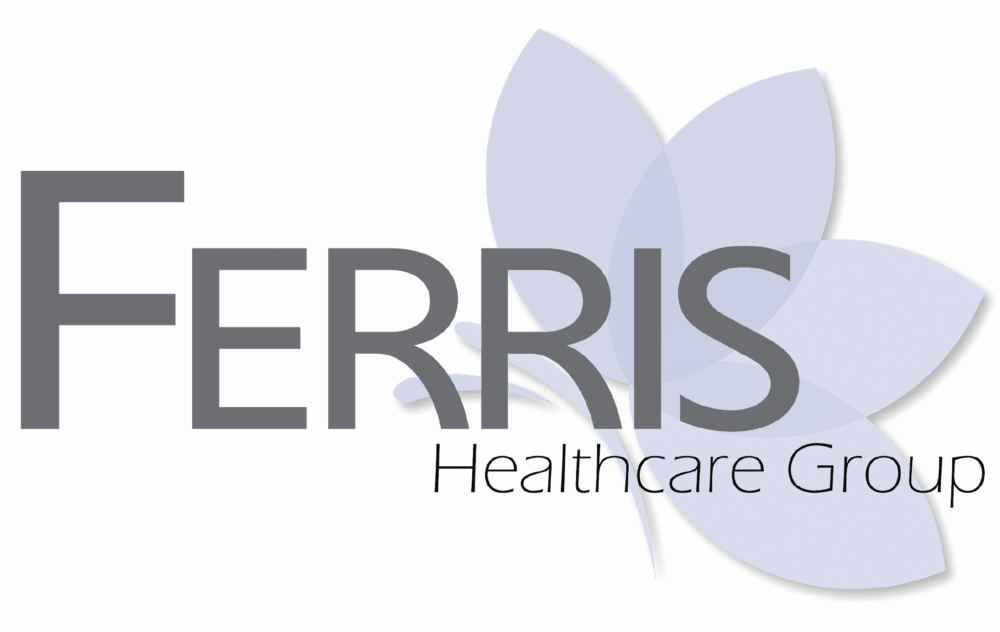Support while on your family building journey
Frequently asked questions
These FAQs provide a general overview of intended parent consultations, but keep in mind that each person’s experience will be different. It’s important to communicate openly with your therapist and ask any questions you may have throughout the therapy process.
An intended parent consultation is important for several reasons:
-
- Assessing mental and emotional readiness: Evaluating the psychological and emotional preparedness of individuals or couples for the challenges and responsibilities of parenthood.
- Exploring expectations and motivations: Understanding the reasons for pursuing donor-assisted reproduction and ensuring realistic expectations about the process, outcomes, and potential challenges.
- Supporting informed decision-making: Providing information, guidance, and support to help individuals or couples make informed decisions about donor selection, family-building options, and parenting goals.
- Addressing potential concerns: Identifying any psychological, emotional, or relational factors that may impact the ability to parent or require additional support.
An intended parent consultation is a comprehensive assessment conducted by mental health professionals to evaluate the suitability and readiness of individuals or couples who are seeking to become parents through donor-assisted reproduction (e.g., egg donation, sperm donation).
Intended parent consultations are typically conducted by licensed mental health professionals with expertise in reproductive health, fertility counseling, and family dynamics. These professionals may include psychologists, counselors, social workers, or therapists trained in fertility-related issues.
- Common topics discussed during intended parent consultations may include:
- Motivations for pursuing donor-assisted reproduction
- Emotional preparedness for parenthood
- Coping strategies for fertility-related stress and challenges
- Understanding of donor selection criteria and implications
- Relationship dynamics and communication skills
- Parenting expectations, values, and goals
- Support systems and resources available
- Legal and ethical considerations related to donor conception
The duration of an intended parent consultation can vary depending on factors such as the complexity of the case, availability of information, and scheduling of appointments. Generally, the evaluation process may occur during one 60-75 minute session or span several sessions over a few weeks to thoroughly assess the individual or couple’s readiness and suitability for donor-assisted reproduction.





